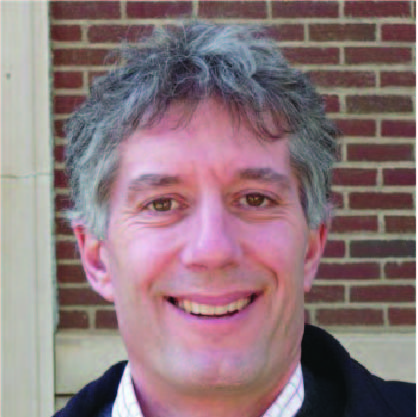
Problem Roulette (PR) is a study service that offers topical access to a library of locally-authored exam problems in selected foundational courses at the University of Michigan. Research is clear that the more students use formative assessment tools, like practice problems, and use those tools over time, the better they understand the material. Because PR is not for credit, students can use it without risk of failure, as early and often as they like, receiving immediate feedback and guidance on every question.
In the first five years of the project, more than 60,000 students attempted over 7,000,000 question instances from an aggregate bank of roughly 10,000 problems across the full set of courses served. Students are prompted to choose a topic to focus on, and then are randomly served questions from actual previous exams — a realistic preview of their future assessments. With the group-work feature, students can work on the same problems at the same time and then compare notes and strategies to teach one another. In the individual mode, students who need a lot of practice can get it and see how their performance matches others, targeting only the topics in which they need support.
As the system grows, the data is being leveraged to better understand how students use formative assessments, providing insights into the relationship between student practice and learning outcomes to further enhance the learning environment in foundational courses.
Student Comments
After identifying areas of weakness on Problem Roulette, I could target these weaker sections by reviewing my notes and then returning to Problem Roulette to see if my understanding of these topics improved.
Because the questions are extracted from previous exams, PR gives me a good idea of what to expect in the future.
Being able to see whether I am at the same pace as other students motivates me to improve my understanding of the material or challenge myself with more difficult concepts.
I absolutely love that any questions you do incorrectly are kept in the pool that can be randomly selected from again. It takes many questions, and many tries to build an enduring understanding of the idea, not just seeing once and forgetting.
PR was an essential part of my studying regime for both Physics 235 (quantitative) and MCDB 310 (very conceptual). The practice problems allowed me to explore this material from different angles not covered explicitly during lecture. The extra practice problems helped to improve my homework and my exam scores.





